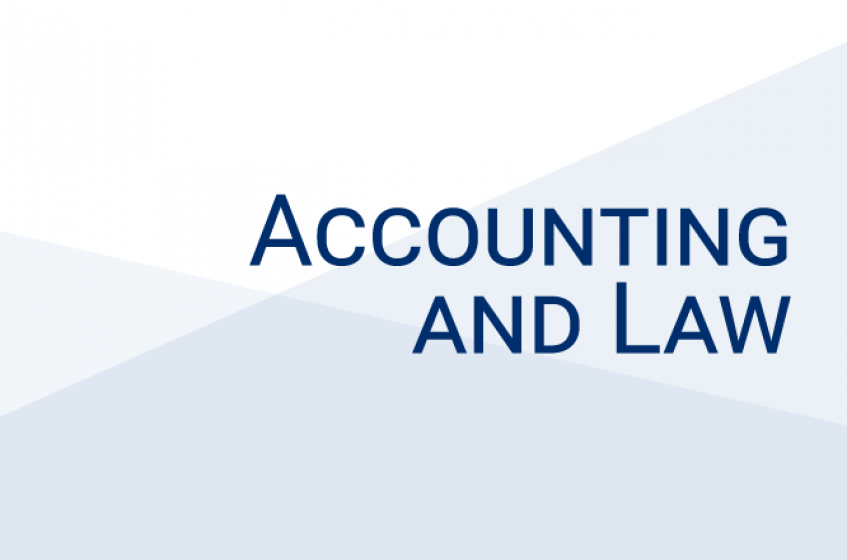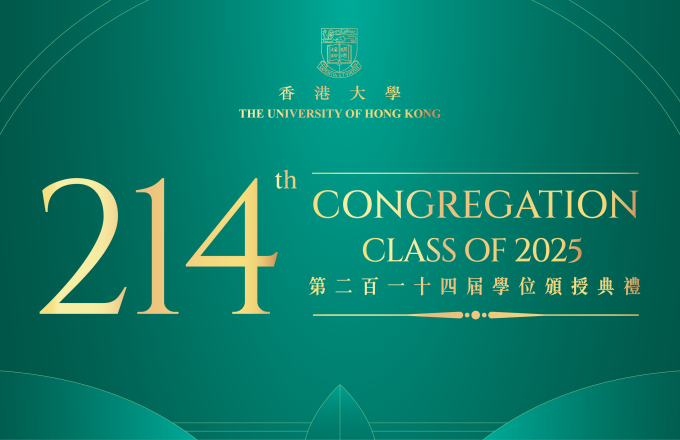
“Mandatory Audit Retendering versus Auditor Rotation” – by Dr. Mingcherng Deng
Assistant Professor
Stan Ross Department of Accountancy
The City University of New York
There have been public debates among regulators over the introduction of mandatory audit retendering as a substitute for mandatory auditor rotation. Building on an auction model, we examine the economic consequences of audit retendering where incumbent auditors in the auction possess both information advantage and cost advantage over outside auditors. We show that client firms may retain the incumbent auditor, but expect to pay higher audit fees to compensate the incumbent auditor for its information advantage over outside auditors. However, the expected information content of the audit report under audit retendering is always greater than that under mandatory auditor rotation, because the observation of auditor switching (or not switching) under audit retendering conveys additional information to investors. We identify conditions under which client firms may benefit from audit retendering. This unique insight may help PCAOB and other regulatory bodies evaluate alternative regulations with respect to mandatory auditor rotation in the U.S.and other countries.







